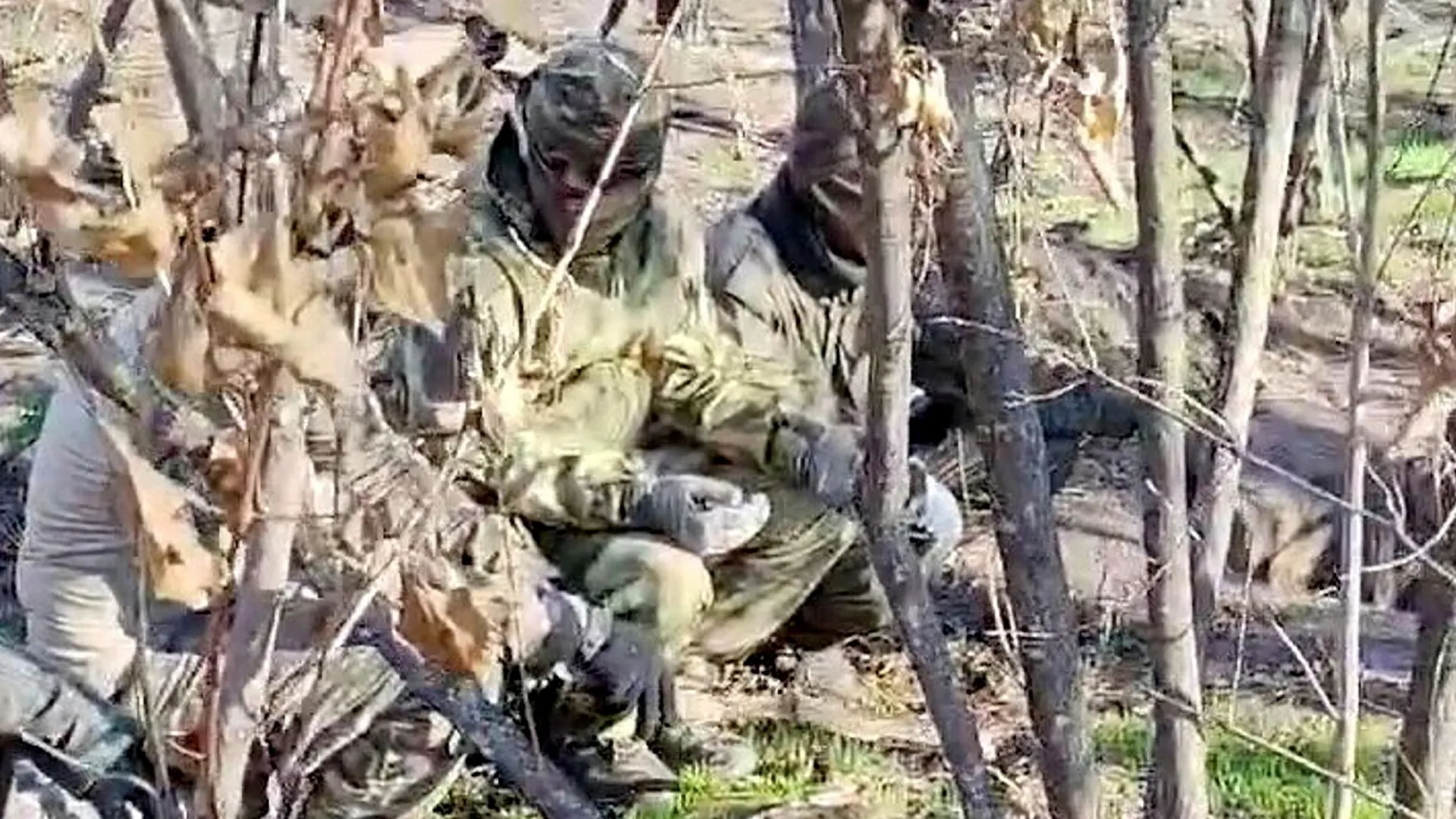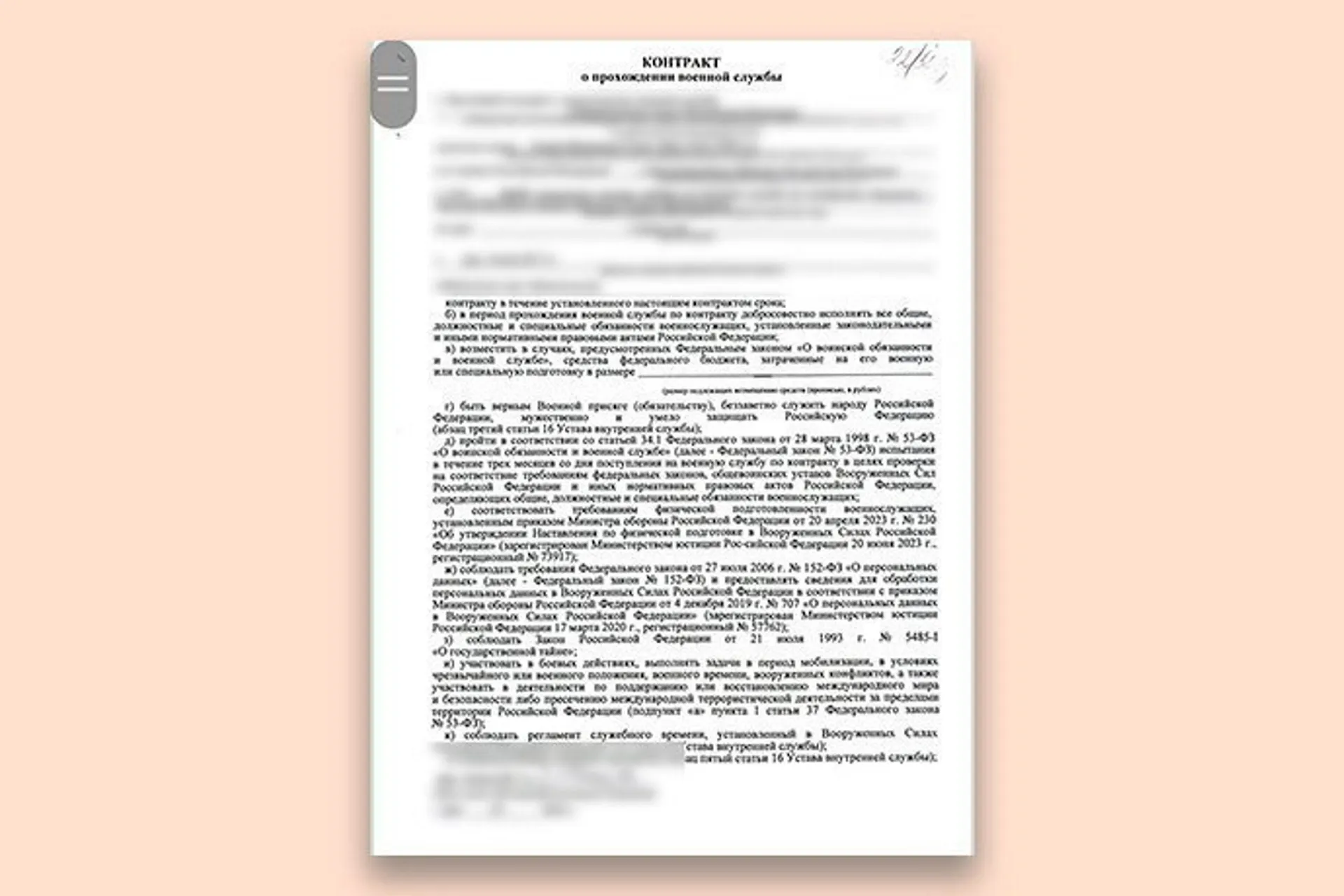Russia’s armed forces have recruited hundreds of Yemeni men to fight in Ukraine, brought by a shadowy trafficking operation that highlights the growing links between Moscow and the Houthi rebel group.
Yemeni recruits who travelled to Russia told the Financial Times they were promised high salaried employment and even Russian citizenship. When they arrived with the help of a Houthi-linked company, they were then forcibly inducted into the Russian army and sent to the front lines in Ukraine.
The appearance of the rag tag group of — mainly involuntary — Yemeni mercenaries in Ukraine shows how the conflict is increasingly sucking in soldiers from abroad as casualties rise and the Kremlin tries to avoid a full mobilisation. They include mercenaries from Nepal and India and some 12,000 North Korean regular army troops who arrived to take part in combat against Ukrainian forces in the Russian province of Kursk.
The Yemeni recruitment effort also underscores how Russia, driven by its confrontation with the west, is growing closer to Iran and allied militant groups in the Middle East. The Houthis, a militant group backed by Tehran, disrupted global supply chains with a missile campaign targeting shipping in the Red Sea after the start of the war in Gaza last year.
US diplomats say the entente between the Kremlin and the Houthis, unimaginable before the war in Ukraine, is a sign of how far Russia is willing to go to extend that conflict into new theatres including the Middle East.
US special envoy for Yemen Tim Lenderking confirmed Russia is actively pursuing contacts with the Houthis and discussing weapons transfers, though he declined to be more specific.
“We know that there are Russian personnel in Sana’a helping to deepen this dialogue,” he said. “The kinds of weapons that are being discussed are very alarming, and would enable the Houthis to better target ships in the Red Sea and possibly beyond.”
Maged Almadhaji, the head of the Sana’a Center for Strategic Studies, a Yemen-focused think-tank, said Russia too is taking an interest “in any group in the Red Sea, or in the Middle East, that is hostile to the US”. He said that the mercenaries are organised by the Houthis as part of an effort to build links to Russia.
A spokesman for Ansar Allah, the official name for the Houthi movement, did not respond to a request for comment. Mohammed al Bukhaiti, a member of the Ansar Allah politburo, told the Russian news website Meduza earlier this month that they were in “constant contact” with the Russian leadership “to develop these relations in all areas, including economics, politics and the military”.
Few of the Yemeni mercenaries have any training and many do not want to be there, according to Farea al Muslimi, an expert on the Gulf region at Chatham House. “One thing Russia needs is soldiers, and it’s clear the Houthis are recruiting, [for them]” Muslimi said, describing it as an overture to Moscow. “Yemen is a pretty easy place to recruit. It is a very poor country.”
Contracts signed by the Yemenis, seen by the FT, listed a company founded by Abdulwali Abdo Hassan al-Jabri, a prominent Houthi politician. Registered in Salalah, Oman, the Al Jabri company’s registration documents identify it as a tour operator and retail supplier of medical equipment and pharmaceuticals.
The recruitment of Yemeni soldiers appears to have begun as early as July. One enlistment contract seen by the FT was dated July 3, and was countersigned by the head of a selection centre for contract soldiers in the city of Nizhnii Novgorod.
One recruit called Nabil, who exchanged text messages with the FT, estimated that he was part of a group of around 200 Yemenis conscripted into the Russian army in September after arriving in Moscow.
While some were experienced fighters, many had no military training. They were tricked into travelling to Russia and signed enlistment contracts they could not read, he said.
Nabil — who asked that his real name not be used — said he was lured by promises of lucrative employment in fields such as “security” and “engineering”, hoping to earn enough to complete his studies.
A few weeks later, he was holed up with four other recently arrived Yemenis in a forest in Ukraine, dressed in military fatigues with Russian insignia, their faces masked by scarves. “We are under bombardment. Mines, drones, digging bunkers,” said one of the men in a video shared with the FT, adding that one colleague had attempted suicide and been taken to a hospital.
The men in the video said they were carrying wooden planks through a mine-infested forest, apparently to build a bomb shelter. “We don’t even get five minutes to rest, we are so tired.”
Another message sent a few days later said they had no winter clothes. Nabil’s uncle who lives in the UK said last week his nephew was recently injured and in hospital, but was unable to share more details.
Abdullah, another Yemeni who asked that his real name not be published, said he was promised a $10,000 bonus and $2,000 per month, plus eventual Russian citizenship, to work in Russia manufacturing drones.
Arriving in Moscow on September 18, Abdullah said his group was forcibly taken from the airport to a facility in a place five hours from Moscow where a man, speaking in simple Arabic, fired a pistol over their heads when they refused to sign the enlistment contract, which was in Russian.
“I signed it because I was scared,” he said. They were then put on buses to Ukraine, given rudimentary military training and sent to a military base near Rostov, near the Ukrainian border.
Many of the original group of arrivals died in Ukraine, Abdullah said, brought to the war by “scammers who traffic in human beings”. “It was all a lie.”
Al Jabri General Trading & Investment Co SPC did not respond to several phone calls and emails sent to the address listed on its corporate registration documents. Al Jabri, its founder, was also unreachable on his phone number.
Al Jabri is a prominent politician, and member of the Yemeni parliament which was split in 2015 by the civil war, during which he sided with the Houthis. He is a major general in the faction of the army allied with the Houthi Supreme Political Council, and was one of 174 Houthi leaders sentenced to death in absentia by a military court representing the pro-Saudi, UN-recognised government in Aden, in 2021 for his role in a Houthi-led coup in 2015.
The Houthis have sent at least two official delegations to Moscow this year, meeting with senior Kremlin officials such as Mikhail Bogdanov, the Kremlin’s envoy to the Middle East.
US diplomats have said Moscow provides a range of help to Houthis, including targeting data for some missile launches and has been discussing arms sales, including advanced anti-ship missiles, though experts say there is no evidence any weapons sales have gone ahead.
“We’ve seen report that there are discussions around [anti-ship missiles] and other types of lethal equipment that would augment what the Houthis are already able to do,” said Lenderking.
On the subject of Russian recruitment of Yemeni mercenaries, Lenderking said he had seen reports. “I would say that it definitely concerns us,” he said. “It is part of this trend, and it’s not something that would necessarily surprise us.”
Yemen’s ambassador to Moscow Ahmed Salem Wahishi, who represents the Saudi-backed Yemeni government, referred questions about the Russian army’s recruitment of Yemenis to the embassy’s military attaché, who did not respond to phone calls and messages.
Abdullah was one of 11 Yemenis who was allowed to leave Russia for Yemen via Oman earlier this month, thanks largely to the efforts of the International Federation of Yemeni Migrants, who put pressure on the Yemeni government after a public outcry.
Ali Al-Subahi, the chair of the Federation’s board, said “this is a humanitarian issue that unites all Yemenis, regardless of political affiliation”. He stressed that hundreds of Yemenis are still in Russia. “We are following up on their removal from the battlefields,” he said.
Additional reporting by Cynthia O’Murchu; video editing by Jamie Han


